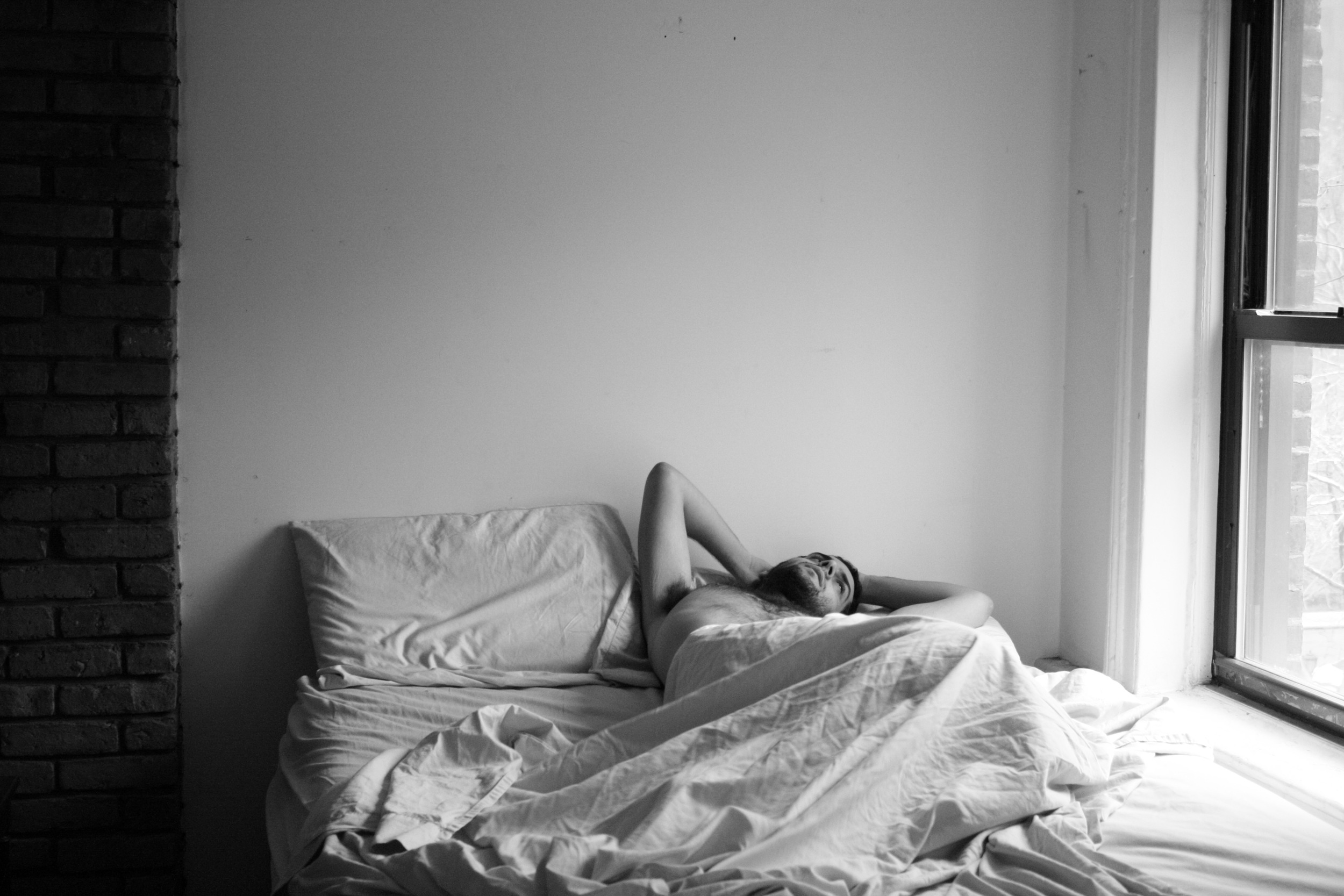
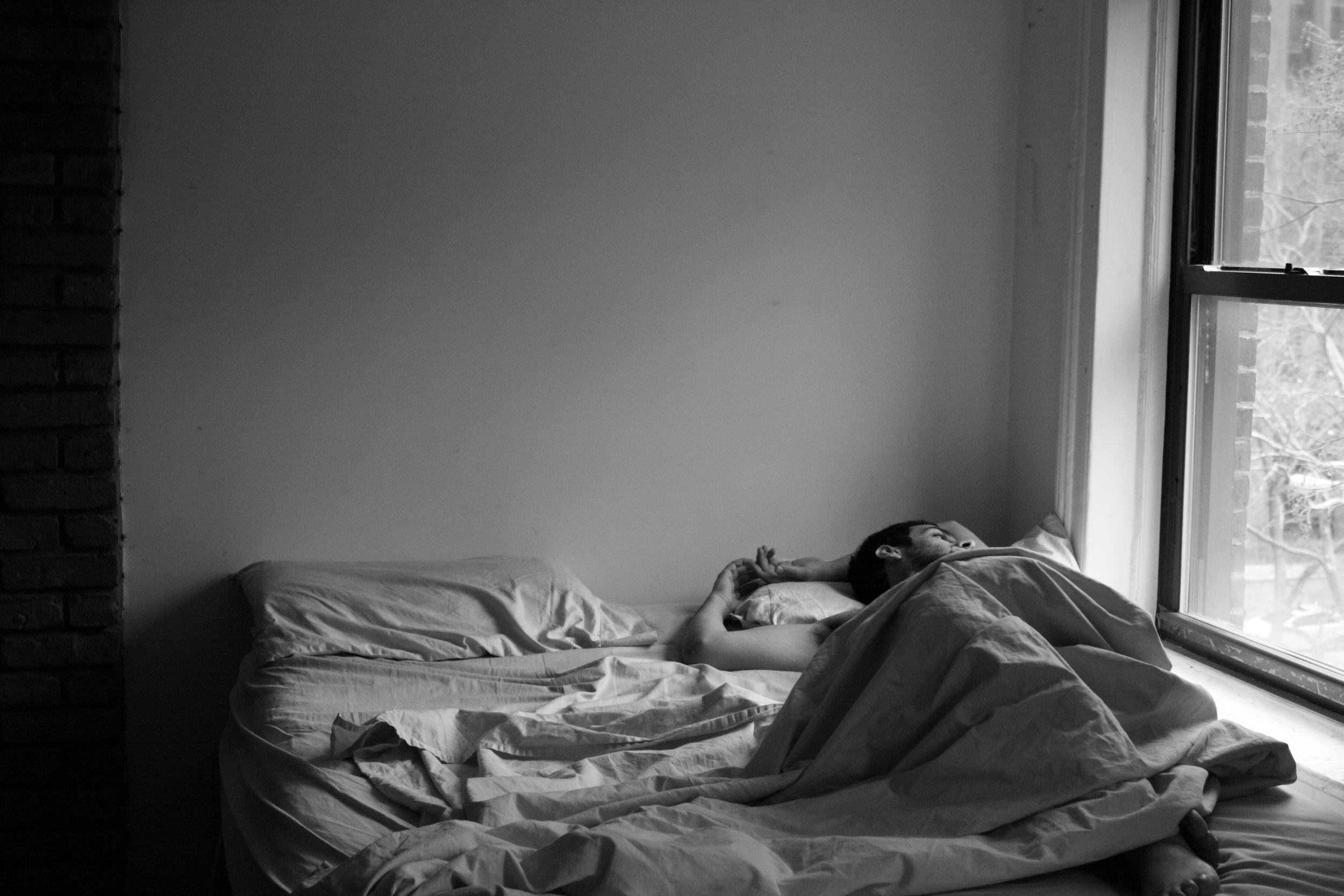
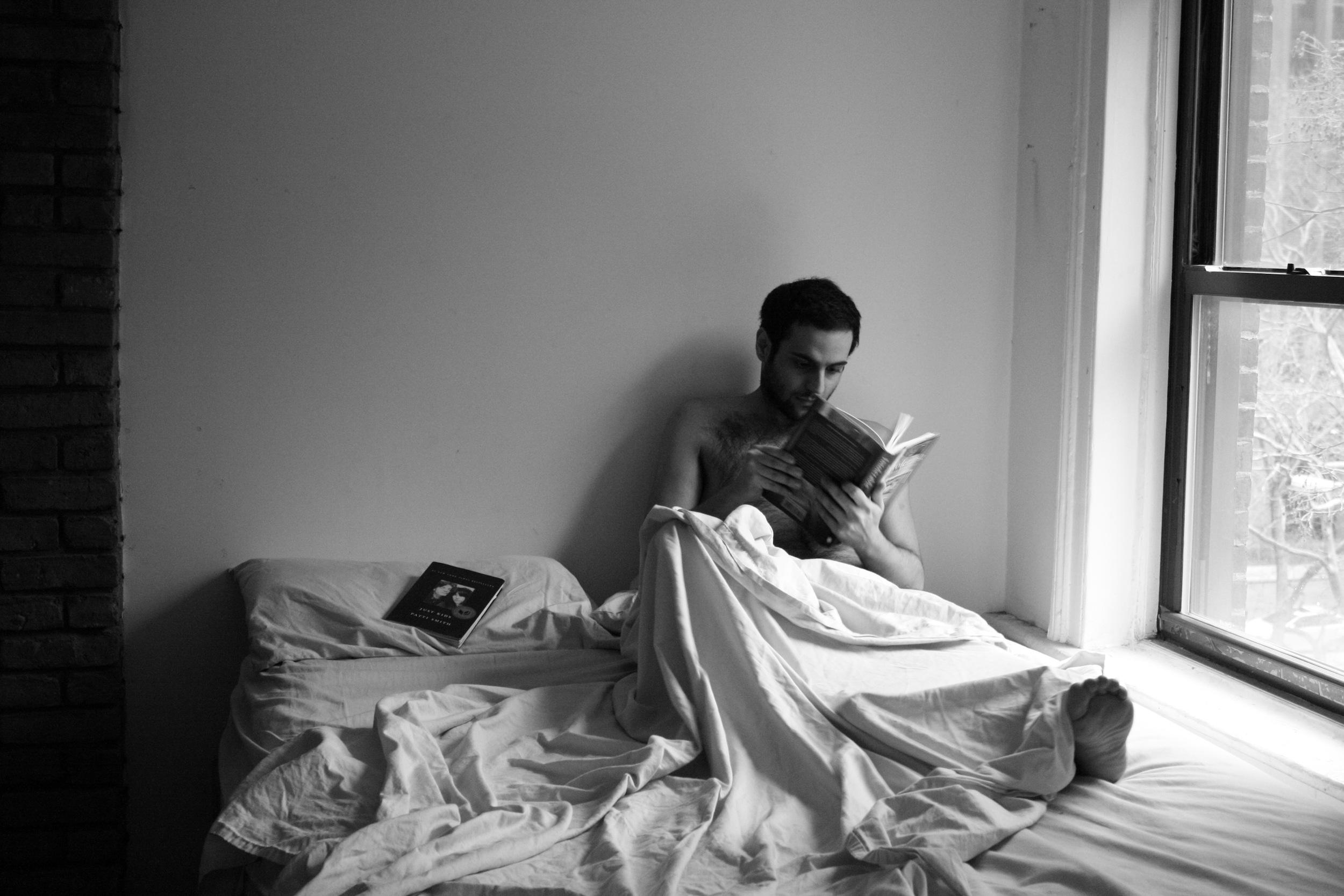
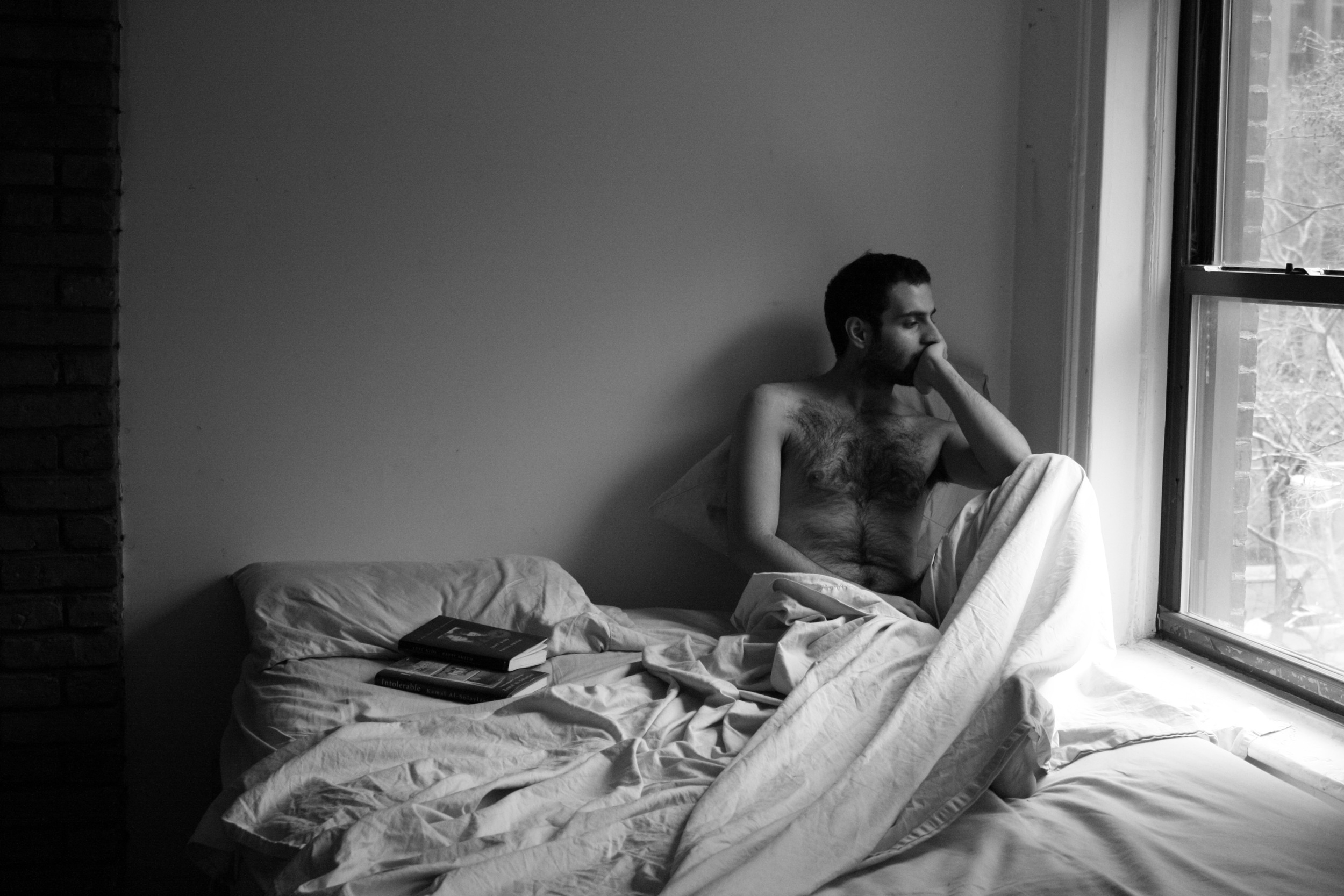
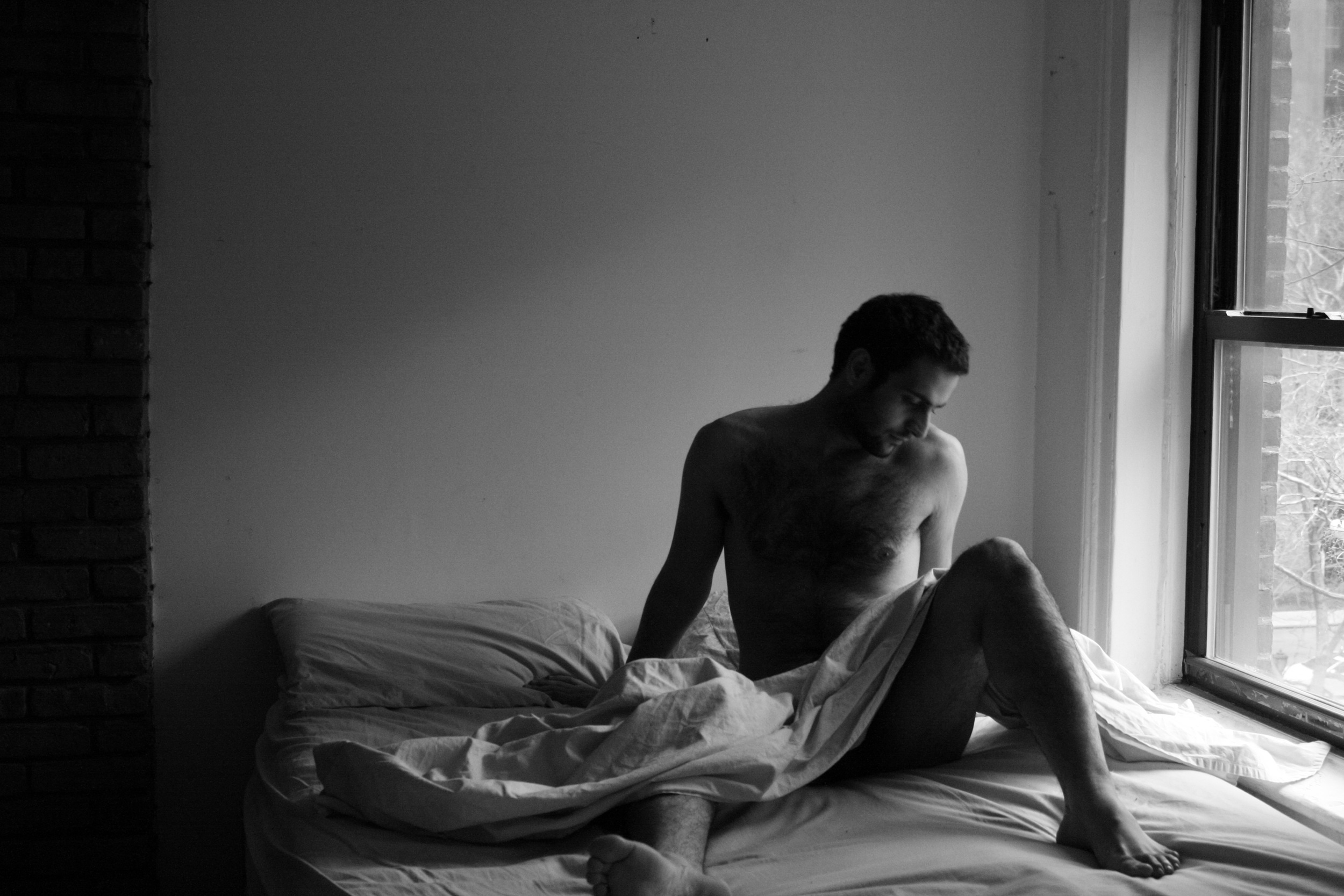
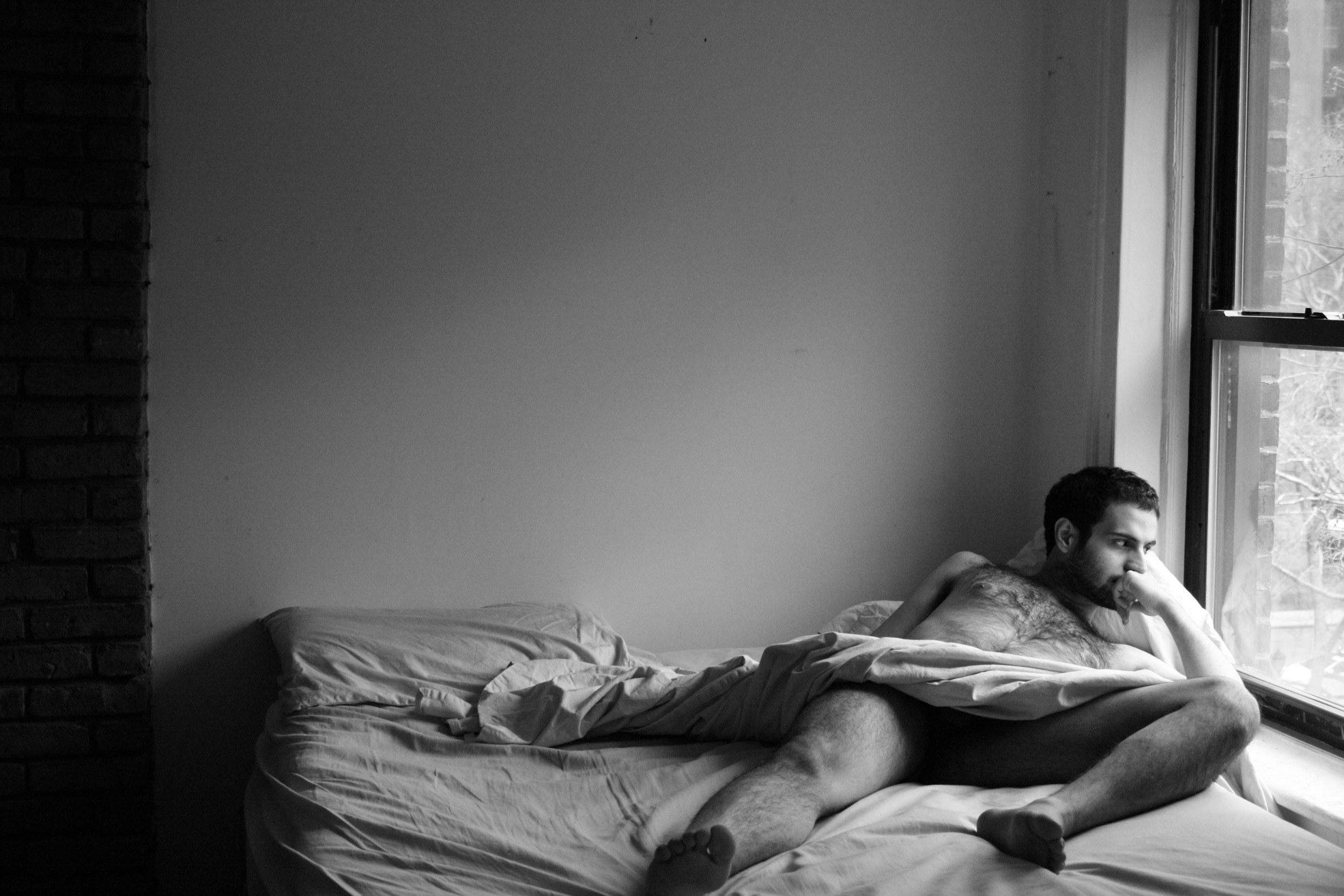
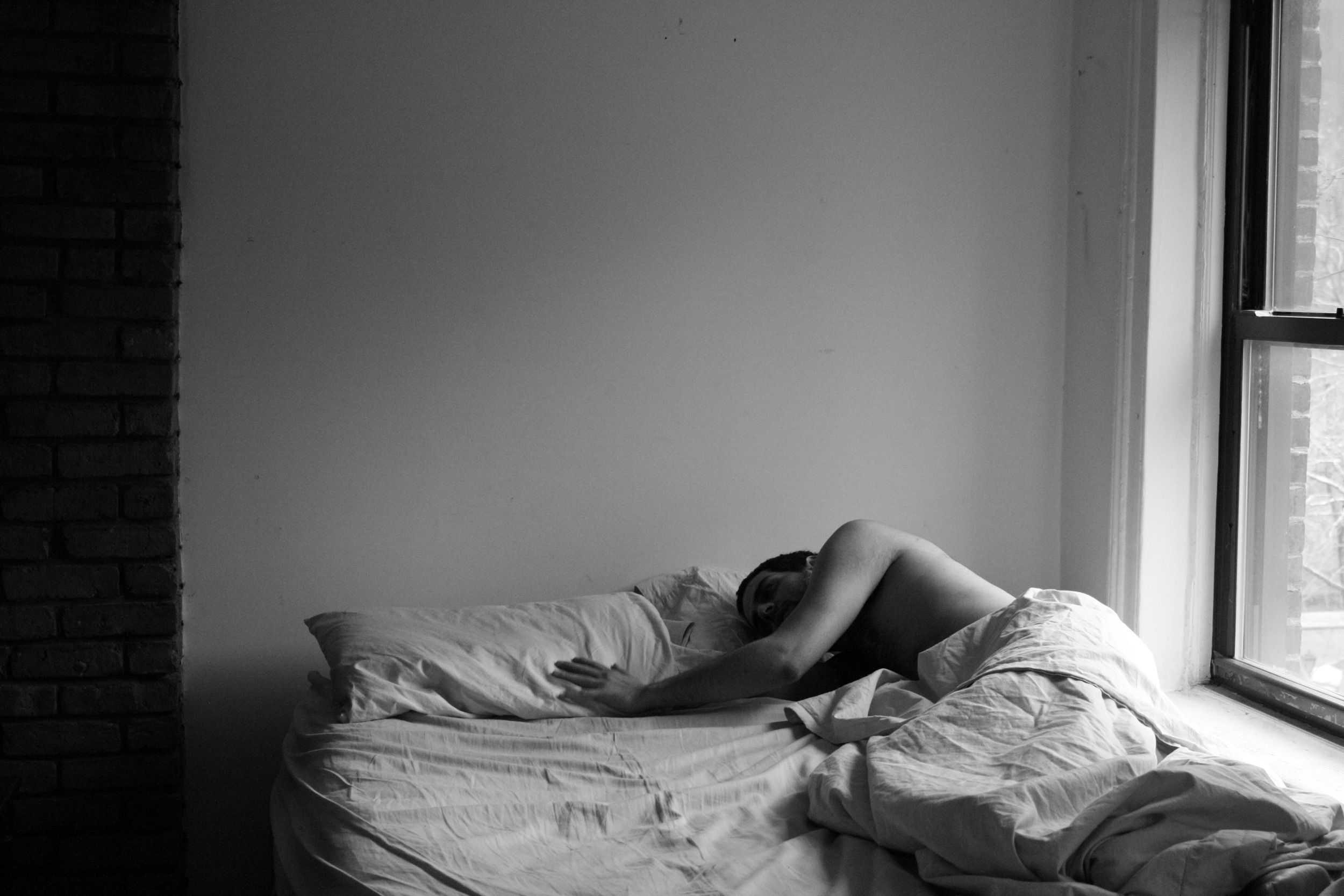
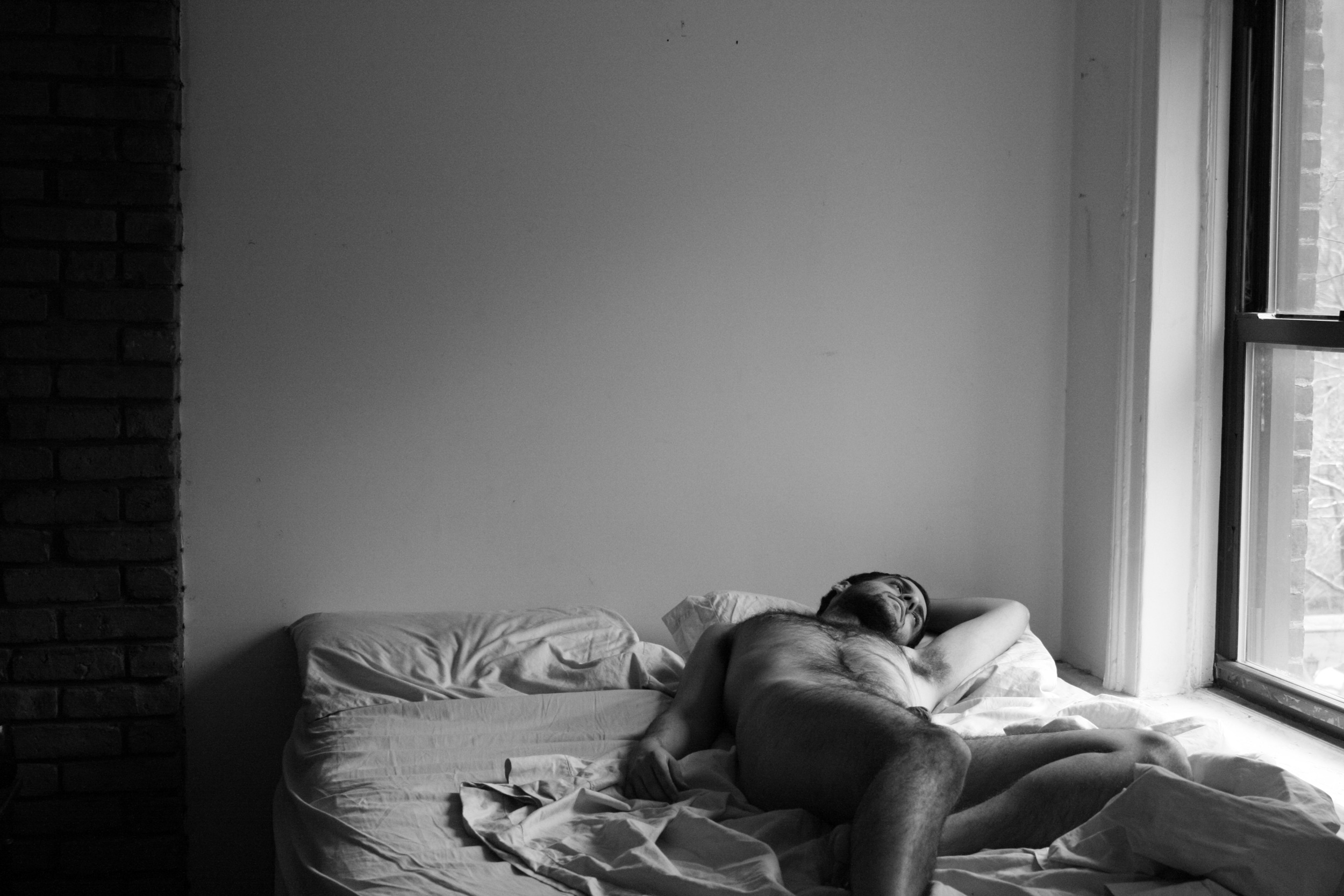
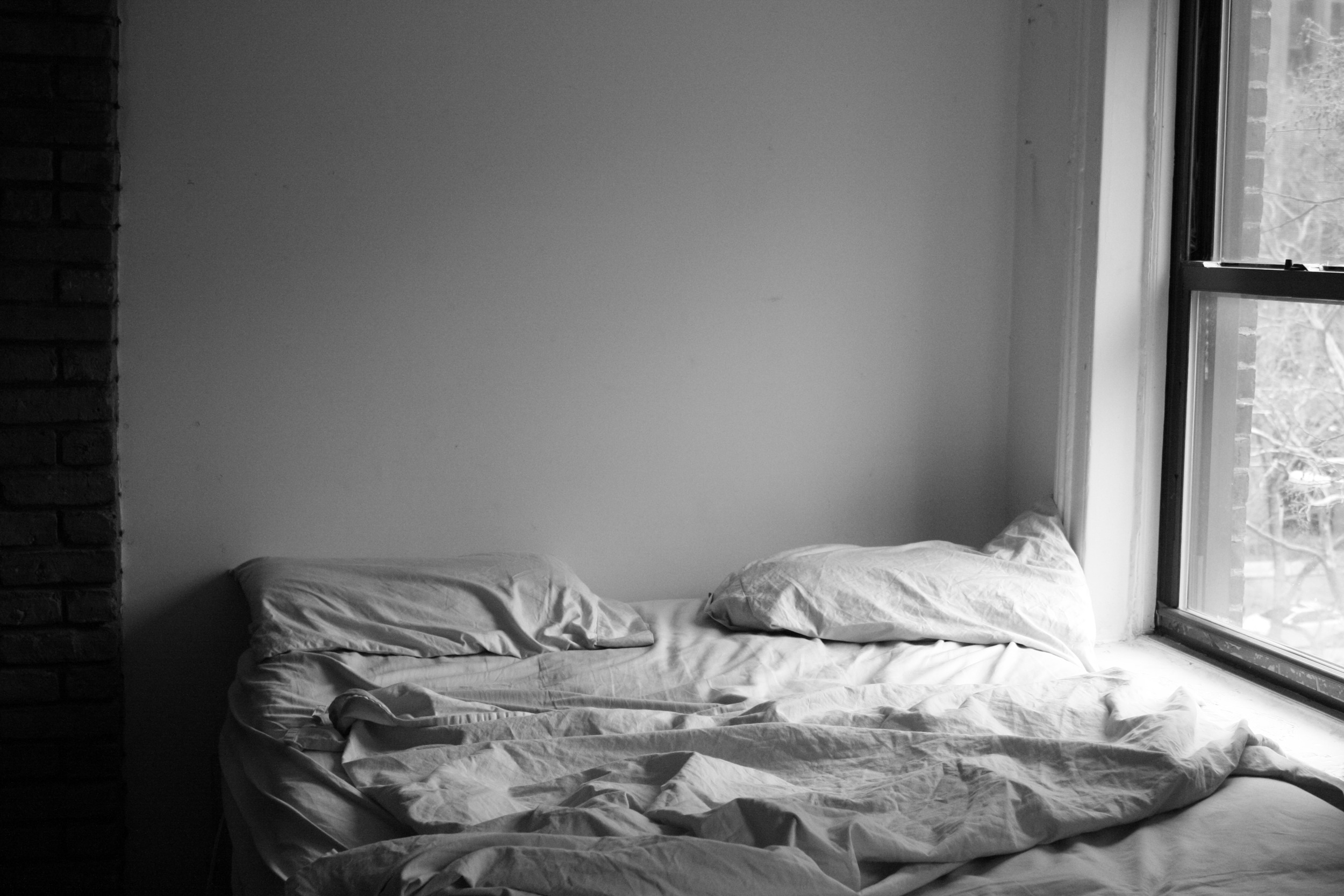
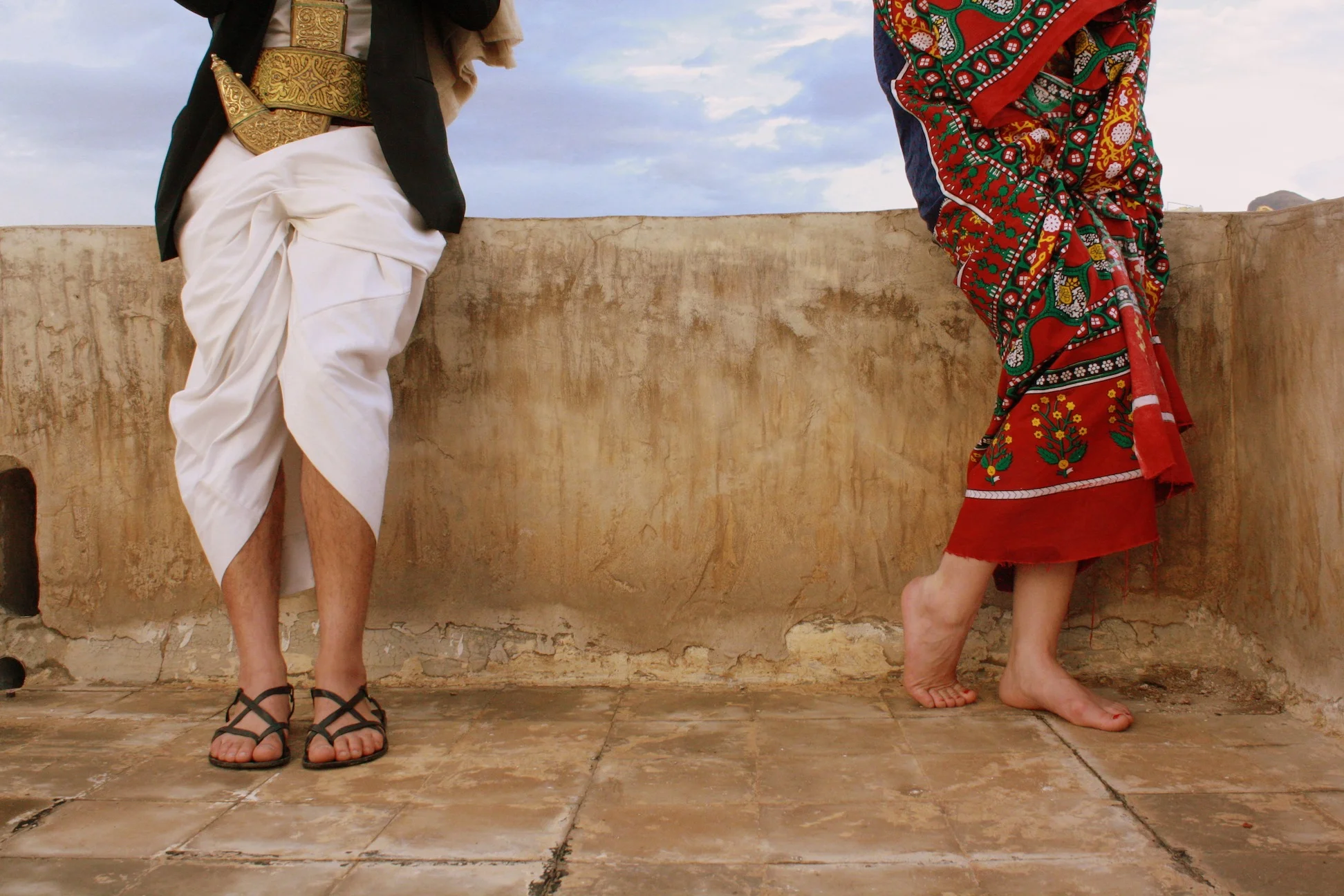
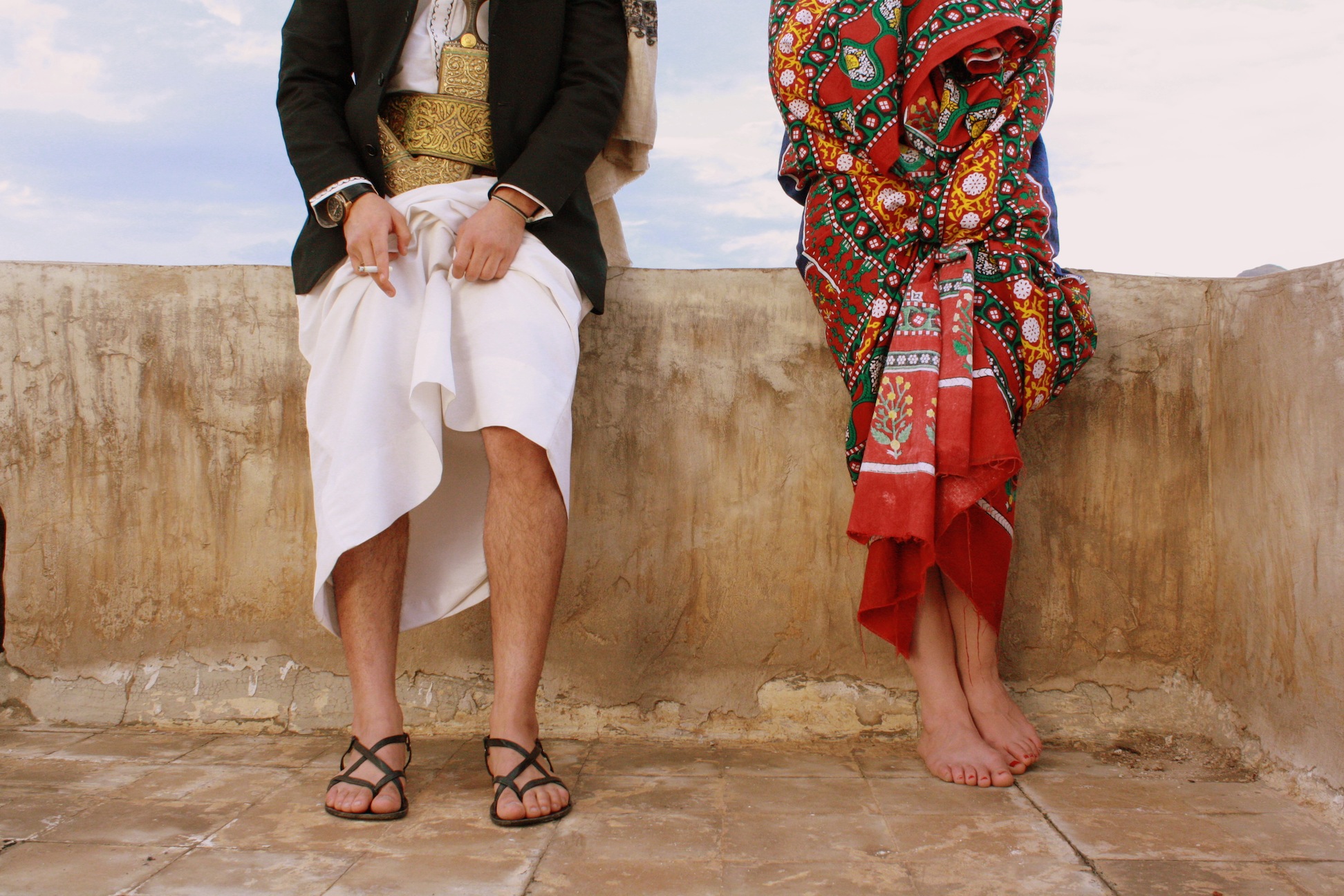
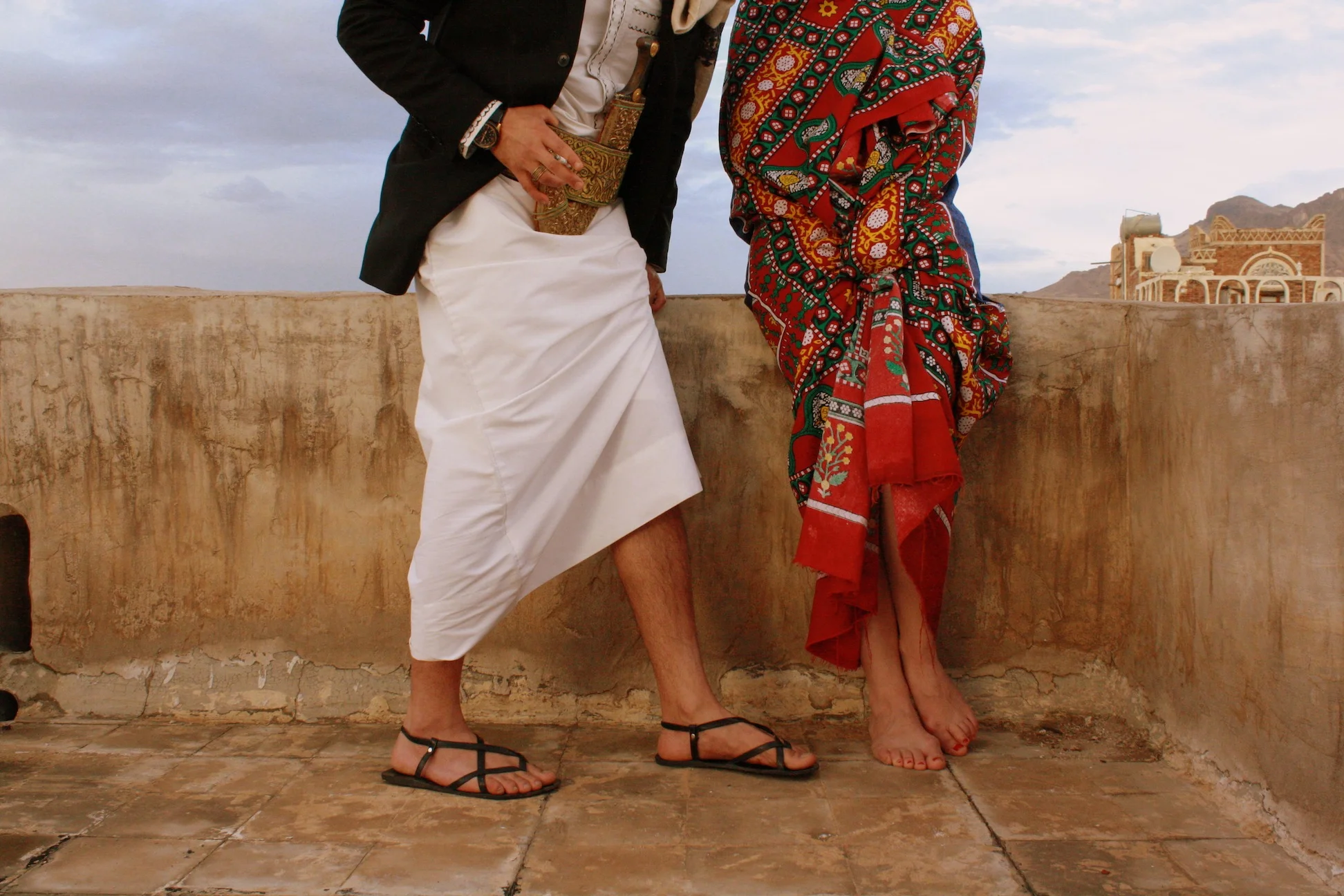
IBI IBRAHIM, B. 1987, USA
Born in the United States but raised throughout the the Middle East, between Yemen, Libya, Iraq and the Unites Arab Emirates, Ibi was always surrounded by Islamic culture. His photographic work reflects his multicultural sensibility and nomadic history, mixing traditional values with issues of sexual identity, seen as inherently taboo in the conservative societies in which he was raised.
Ibi’s photographs are emotive yet poised, with erotically-charged imagery that speaks openly of love, body positivity, gender and sexual equality. His work throws light on a history of sexual freedom despite the recent trend of religious conservatism in the Middle East. Often working with a monochromatic palette, Ibi documents a tradition of passion within Islamic cultures, bringing it into the modern day using contemporary subjects in controlled if extremely sensual compositions.
Ibi’s work illuminates liberalism within Middle Eastern cultures by celebrating sexual relationships often eschewed by Eastern and Western societies. His photographs aim to facilitate free love and free speech, yet they are banned from being displayed in his familiar Yemen. In 2010, Ibi was awarded the GLAAD OUT Best Emerging Artist award, and in 2014, he became the first Yemeni artist to participate in the Cité Internationale des Arts residency program in Paris. After finishing a residency at GlogauAIR, Ibi currently lives and works in Berlin.
For The unbreakable rope, Ibi is presenting two works. The first is a panel of nine black and white photographs of digital pigment printed on Hahnemühle photo rag fine art paper, showing a young man in a series of poses on an unmade bed. The title, Sans Toi (Without You), suggests he is pining for his lover. The images are universally engaging and recognisable to anyone who has mourned the loss of a loved one. They suggest the torturous passageways of any relationship, especially if strained by cultural boundaries. Ibi's second work consists of three vertical panels, printed by the same process but in vibrant colour. It shows a couple who, through their cropped faces, become an anonymous representation of courtship in an Islamic culture. Their dress is traditional, and the setting appears to be a secluded terrace. Entitled Habibi Tala (Darling, Come!), the work touches on the restraints placed on relationships by mores of religious conservatism and the roles played by each gender within these limits.
I feel that sexual exploration has become a taboo subject recently. I watch old Egyptian films quite often, and I can clearly see that sexuality was common in those films unlike today's. So you can see that the idea of sexuality and exploring it has been quite common in the region at one point at least. Maybe what I am trying to do is to bring back that era of freedom of expression in art and cinema.
Ibi's work has been exhibited through out the United States, Europe and the Middle East. It belongs to a number of private collections as well as Colorado College (USA) and Barjeel Art Foundation (UAE). Ibi would like to thank JAMM Art Gallery, Dubai for providing his works in The unbreakable rope.
LINKS
artist website
Reorient Magazine interview
artist blog
The Culture Trip review
